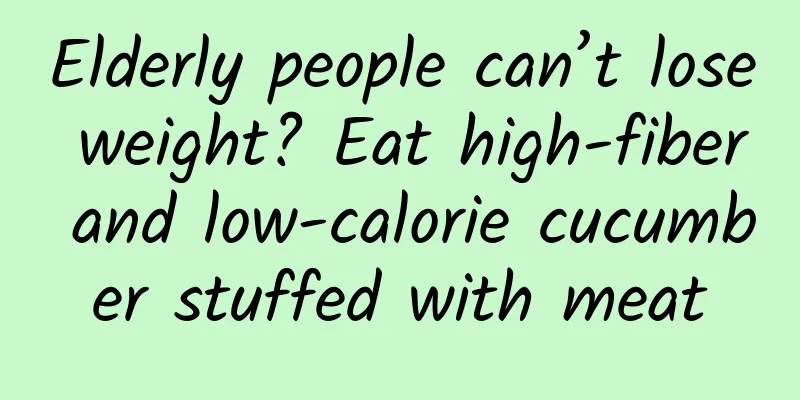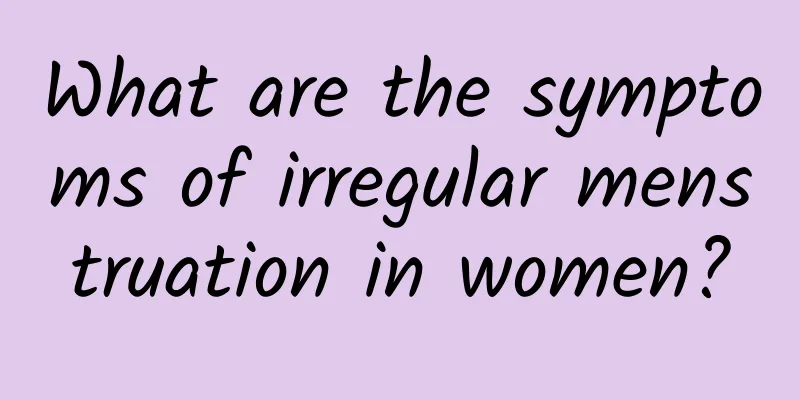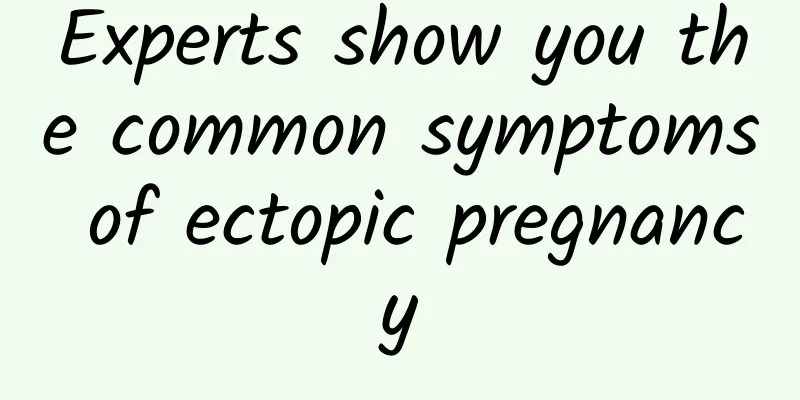Alcohol cannot kill enterovirus! Nutritionist Su Yanchen: To fight against enterovirus, supplementing the four major nutrients is effective

|
The enterovirus epidemic has shown a slow upward trend as the COVID-19 epidemic is lifted. It is worth noting that enterovirus type 71 is prone to cause complications of the nervous system. In addition, there is currently no specific medicine available. Nutritionists call for the use of alcohol to kill enterovirus, and there are two major dietary principles for those suffering from enterovirus. Regular supplementation of appropriate nutrients is necessary to avoid serious complications. What are the symptoms of enterovirus?Enterovirus is common in children under 5 years old. Typical symptoms include blisters and ulcers in the mouth, palms, and soles, which may be accompanied by fever, although most children will recover naturally after a few days. There are also very rare cases of complications such as aseptic meningitis, encephalitis, myocarditis, pericarditis, and paralysis. Nutritionist Su Yanchen said that enterovirus is transmitted through contact, droplets or eating food contaminated by feces containing the virus. The fluid in the blisters on children is also contagious, so it is very important to keep them clean. However, alcohol cannot kill enterovirus, so you must wash your hands with soap. As for items that are often touched at home, such as door handles, it is best to use bleach to dilute and disinfect them. The ratio is 10ml of bleach to 990ml of water, mixed into 1 liter of cleaning solution. If you are using a 600ml plastic bottle at home, first pour 6.5ml of bleach into the plastic bottle, then add water until the 600ml plastic bottle is full (a full bottle is about 640ml) and then you can use it. In addition to paying attention to whether the lip mucosa is dry, signs of insufficient water content in the body can also include observing the amount, frequency and color of urine. Enterovirus Dietary Principles1. Cold food (less than 25℃) Nutritionist Su Yanchen said that the symptoms of enterovirus hand, foot and mouth disease often include blisters, broken skin, ulcers and sore throat on the lips, oropharynx, which make it impossible for children to drink water and their eating conditions become very poor. At this time, it is recommended to eat some cold foods (temperature less than 25 degrees), such as ice cream, yogurt, pudding, grass jelly, popsicles, smoothies, cold soup or ice bricks, etc., which can help relieve the discomfort in the oropharynx. 2. Pay attention to water replenishment In addition to paying attention to whether the lip mucosa is dry, signs of insufficient water content in the body can also include observing the amount, frequency and color of urine. In addition to ordinary boiled water, fruit juice, and diluted sports drinks, you can also choose oral electrolyte solution and drink it after refrigerating (crushed ice is also fine) to replenish the lack of water in the body. Although refined sugars are not recommended for children under two years old, nutritionists believe that immediate liquid supplementation is the main approach. Pay attention to the color of your urine. If it is dark yellow or strong tea color, it means that your body is lacking water. You should replenish water as soon as possible and seek medical assistance if necessary to avoid missing the golden opportunity for treatment. As for whether diluted honey water can be given to children? Nutritionist Su Yanchen said that because honey has the risk of containing botulism toxin, infants and young children under one year old should still avoid drinking it. To prevent enterovirus from attacking you, you should pay attention to proper supplementation of vitamins A, D, E, and C. Four major types of nutrients to prevent enterovirusNutritionist Su Yanchen said that to prevent enterovirus from coming to your door, you should pay attention to properly supplement the following nutrients: 1. Sufficient nutrition and protein Natural foods are rich in various plant polyphenols, polysaccharides, vitamins and minerals, so a balanced diet is very important for both adults and children. Rich foods include: It is recommended to continue breastfeeding and appropriately supplement lactoferrin. 2. Omega-3 fatty acids Omega-3 fatty acids can enhance macrophage activity. Rich ingredients include: deep-sea fish, nuts and seeds. 3. Vitamins - Vitamin A, D, E, C Vitamin A: Beta-carotene inhibits mitogen-activated protein kinase (MAPK) and NF-κB (nuclear factor kappa-light-chain enhancer of activated B cells). Rich foods include: green leafy vegetables, dark red and yellow fruits and vegetables, and dairy products. Vitamin D: Antiviral, physical barrier formation, cellular innate immunity and adaptive immunity, etc. Foods rich in vitamin C include: salmon, saury, shiitake mushrooms, black fungus, and milk. Vitamin E: A powerful antioxidant that boosts immunity. Rich foods include: nuts, vegetable oils, dark green vegetables (broccoli, spinach, etc.) Vitamin C: an antioxidant free radical scavenger that can boost immune function Foods rich in vitamin C include: guava, kiwi, bell pepper, papaya, strawberry, etc. 4. Minerals - iron, zinc, selenium, copper Iron: protein synthesis, DNA synthesis and repair, cellular respiration, cell proliferation, lymphocyte maturation and regulation of gene expression in the immune system. Foods rich in vitamin C include: beef, lamb, pork, duck, turkey, soybeans, beans, dark green vegetables, and whole grains. Zinc: an important mineral for innate immunity (natural killer cell activity and cytokine release) and antibody production Foods rich in it include: beans, red meat, spinach, nuts, and wheat germ. Selenium: Creates holes in viral membranes and produces free radicals, which damage genetic material. Foods rich in vitamin C include: pumpkin, shrimp, red meat, garlic, and fungus. Copper: Enhances immunity and scavenges free radicals, reduces oxidative stress, cell differentiation and maintains antibody concentrations. Foods rich in vitamin C include seafood and nuts. |
Recommend
What are the dietary taboos for women with threatened miscarriage?
Presumably, many women want to know what dietary ...
When women begin to age, there are generally 5 signs in the lower body! If you don't have any, it means you are still young
"Doctor, I feel like something is wrong with...
Women should pay attention to the cause of adnexitis
Women are often troubled by some gynecological di...
Signs of early pregnancy
Premonitions of early molar pregnancy: Generally,...
Can female cervical erosion be cured? Two common sense about female cervical erosion
The incidence of cervical erosion is very high no...
What causes female cervical erosion? Female cervical erosion is caused by 4 reasons
It is a very common phenomenon for women to suffe...
What are the causes of persistent dysmenorrhea in women?
What are the causes of persistent dysmenorrhea in...
Can Bartholinitis be cured during pregnancy and childbirth?
Can Bartholinitis be cured by giving birth? This ...
Principles of treatment of pelvic peritonitis
Pelvic peritonitis is a disease that is very harm...
The main clinical causes of uterine fibroids
The frequent occurrence of uterine fibroids is co...
What are the treatments for ovarian cysts and abdominal pain?
What are the treatments for ovarian cysts and abd...
Lower back pain and stiff shoulders? Spend 1 minute a day doing squats
Why do you often feel back pain, knee pain, or ev...
How much does it cost to induce labor in Beijing? Ways and methods of inducing labor
Sometimes couples fail to take protective measure...
Treatment of ovarian cysts should be based on type of treatment
Ovarian cysts are mainly divided into 4 types, an...
What medicine can eliminate uterine fibroids? What medicine can be used to treat uterine fibroids?
What medicine can eliminate uterine fibroids? Wha...









